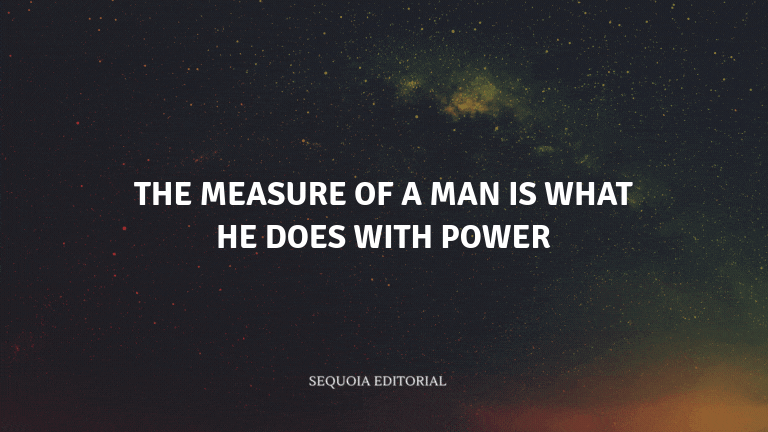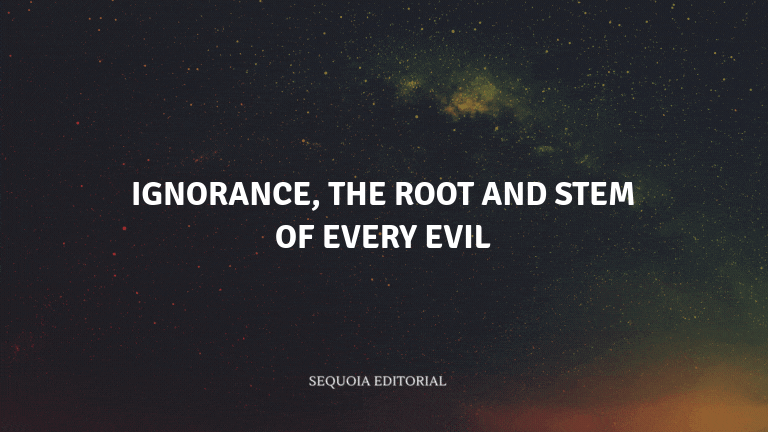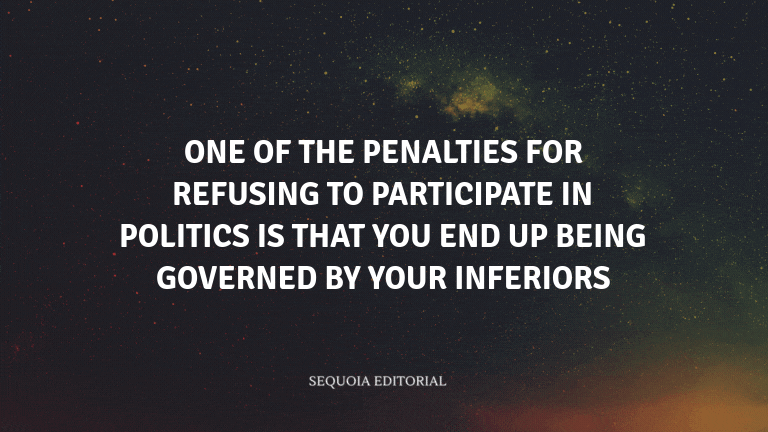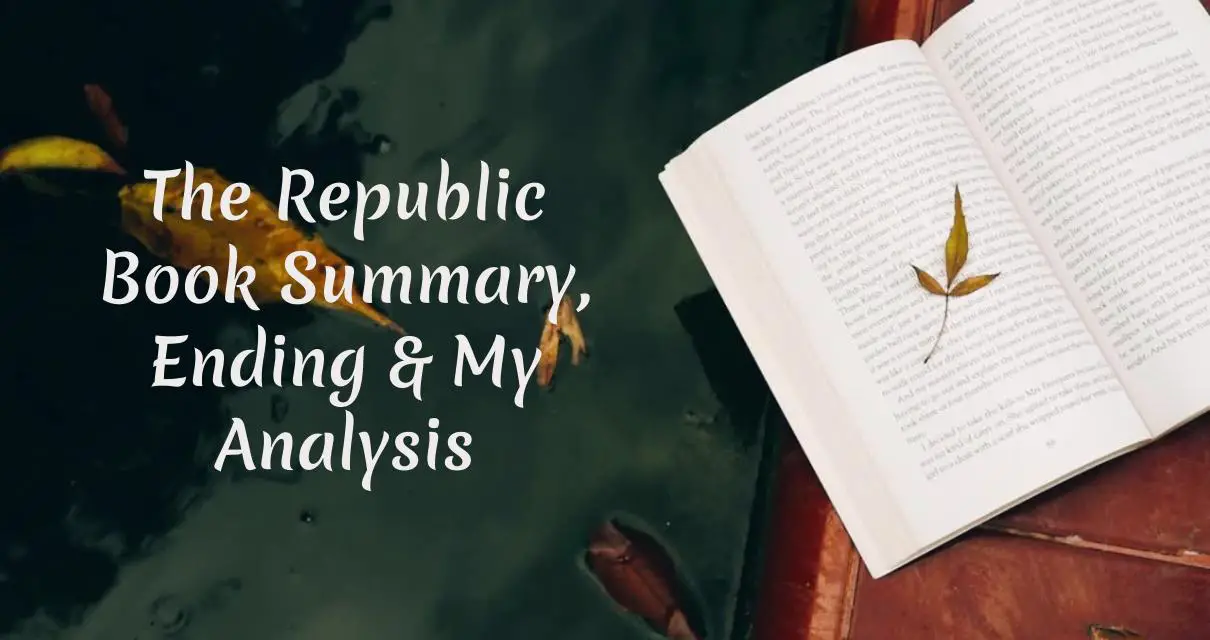The Republic is about a dialogue that takes place between Socrates and other characters. They discuss justice, the order and character of the just city-state, and the just man. The conversation delves into what constitutes a well-ordered society and the role of the philosopher-king. Through this discussion, the book reflects on the nature of politics, ethics, and the human soul.
Table of Content
The Republic Book Summary
In the book "The Republic," Socrates engages in a deep dialogue about justice, the ideal state, and the just individual with his friends and other interlocutors.
He refutes the definition of justice proposed by Cephalus and the idea that justice is a 'contract' to be honest and return what is owed. Thrasymachus then challenges Socrates, asserting that 'justice is the interest of the stronger' and that rulers make laws for their own benefit. Socrates dismantles this argument, establishing that a ruler must rule for the benefit of the ruled.
Glaucon and Adeimantus press Socrates to define justice and explain why it's intrinsically good, not just for its consequences. Socrates describes a just city as one in which each class performs its own function, with the philosopher-kings ruling, the warriors defending, and the producers providing for the city's material needs.
The discussion then turns to the education of the guardians who will become the rulers. Socrates outlines the importance of music and physical training in shaping the character of the future rulers. He introduces the concept of the 'noble lie,' a myth that will be told to the citizens to maintain social order.
Socrates elaborates on the 'three parts of the soul,' paralleling them with the classes of the city. He argues that justice in the soul is a similar state to justice in the city and that it involves the proper balance and harmony among the soul's elements.
In the latter half of the book, Socrates discusses the degeneration of the state. He introduces the concept of the 'tyrannical man' whose soul is in the worst condition, leading to a correspondingly unjust and chaotic society.
The dialogue concludes with a discussion on the afterlife, in which Socrates describes the reward for the just and the punishment for the unjust. He emphasizes that the philosopher, who has seen the truth, is best prepared for death and the life beyond.
Throughout 'The Republic,' Socrates argues that the pursuit of knowledge and the wisdom of the philosopher-king are fundamental to the establishment and maintenance of a just society. He insists that only when philosophers become kings or kings become philosophers, can true justice be realized.
The book resonates with the importance of truth, knowledge, and the good life, and it raises profound questions about the nature of reality, morality, and governance.
The discussions are not only a critique of contemporary Athenian politics but also a reflection on the individual's quest for wisdom and the pursuit of the ideal society.
The ideas presented have had a lasting impact on political theory, ethics, and the philosophy of mind, and continue to stimulate debate and reflection in the modern world.
"The Republic" offers an enduring exploration of justice, the nature of the human soul, and the ideal state, and it challenges readers to think deeply about the fundamental principles that should guide our lives and societies.
The Republic Quotes
- The measure of a man is what he does with power

- Ignorance, the root and stem of every evil

- One of the penalties for refusing to participate in politics is that you end up being governed by your inferiors

The Republic Ending Explained
At the end of The Republic, Socrates and his interlocutors have discussed a wide array of topics related to justice, the ideal state, and the just individual.
The dialogue concludes with Socrates's assertion that philosophers must become kings or those who rule must become true philosophers. Only then can a just society be established, leading to a life of fulfillment and happiness for its citizens.
The book ends with a reflection on the rewards of a just life and the punishments of an unjust one, further emphasizing the importance of wisdom and truth in governing one's own soul and that of a city.
Characters in book The Republic
- Socrates: A classical Greek philosopher who is known for his contribution to the field of ethics and is the central character of the book.
- Glaucon: Plato's older brother who is known for his involvement in the discussion about justice and the ideal city-state.
- Adeimantus: Plato's younger brother who is also involved in the discussion about the nature of justice and its importance in society.
- Thrasymachus: A sophist who argues that justice is the interest of the stronger and that the unjust actually lead a better life than the just.
- Philosopher-King: A hypothetical ruler who is seen as the embodiment of wisdom and capable of ruling with justice and fairness.
- Polemarchus: A young man who initially presents a simple definition of justice as giving to each what is owed.
- Cephalus: An elderly businessman who is the father of Polemarchus and hosts the gathering where the discussion takes place.
Key Lessons
- The Importance of Seeking Knowledge: The pursuit of wisdom and truth is fundamental to understanding and improving both personal life and societal structures.
- Justice is Intrinsic: Justice is not merely a means to an end, but a virtue that is valuable for its own sake and essential for a well-ordered society.
- The Necessity of a Balanced Soul: Internal harmony and balance among the various elements of the soul are crucial to leading a just and fulfilling life.
- The Role of Leadership: Effective leadership, based on wisdom and moral integrity, is essential for the prosperity and stability of a community or state.
- Education Shapes Character: The education and culture of a society play a significant role in shaping the character of its citizens and leaders.
My Personal Opinion
Is The Republic worth reading? Totally, I loved its deep and thought-provoking exploration of justice and the ideal state. The book presents complex philosophical ideas in a clear and engaging manner.
I admire the systematic way in which Socrates and his interlocutors dissect the concept of justice, and I appreciate the emphasis on the pursuit of knowledge. However, at times, the dialogue can be dense, and the extensive use of allegories might be challenging for readers new to philosophical texts.
I would recommend 'The Republic' to readers who are interested in political philosophy and ethics. It's a foundational work that has influenced Western thought for centuries, and its themes are as relevant today as they were in ancient Greece.

